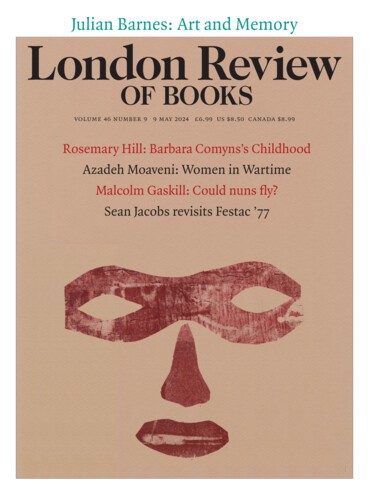Art and Memory
Julian Barnes
About fifteen years ago, I bought a painting at auction. Apart from the usual anxieties, there was an overriding emotional factor. My wife, who had died a year or so earlier, had for many years collected images of women reading: mainly drawings, prints and watercolours, plus one small painting. I was browsing through the online catalogue of a French sale when I was stopped by two pictures...


